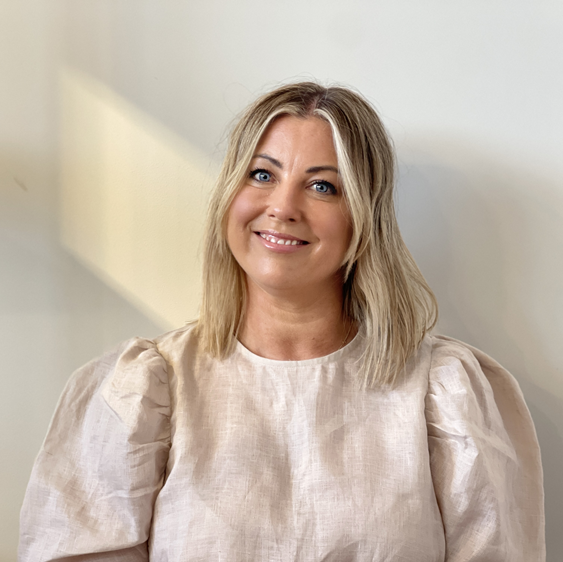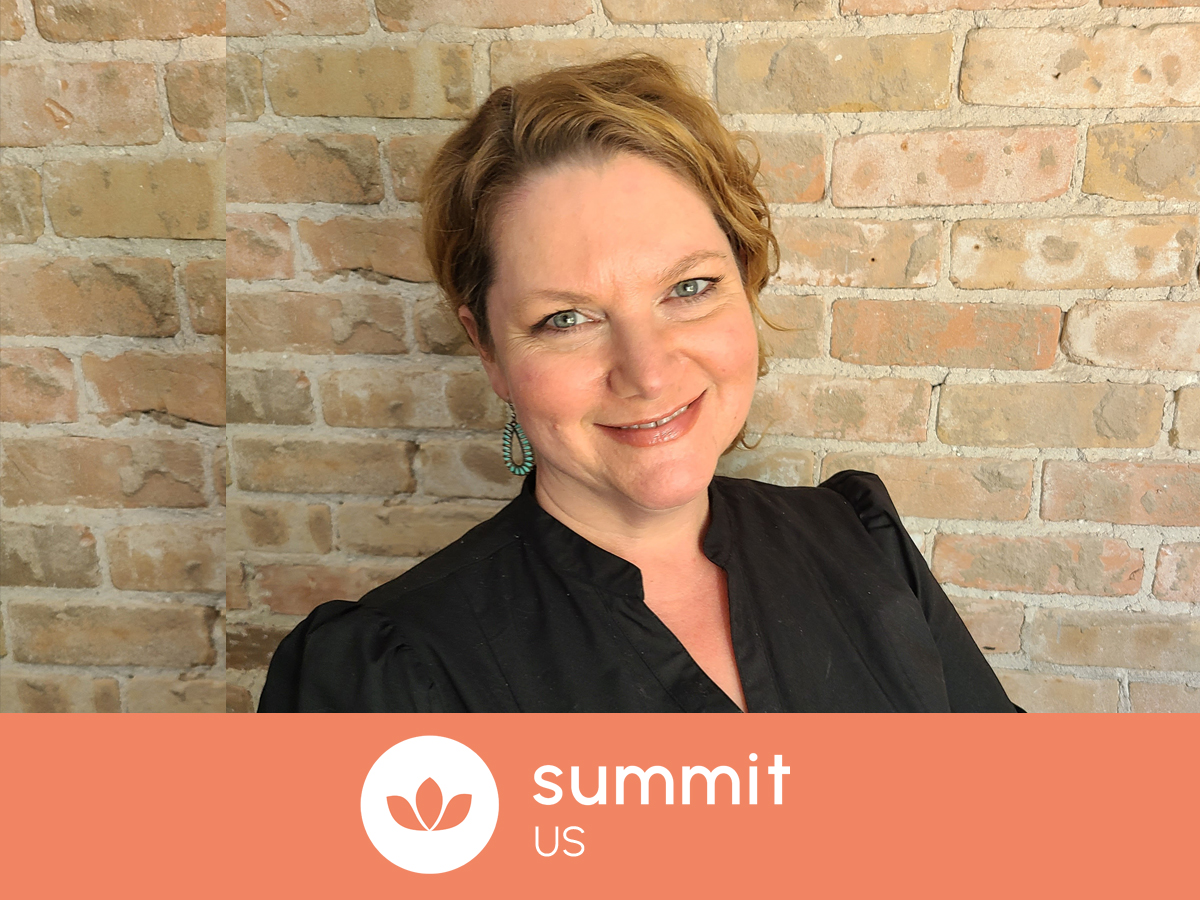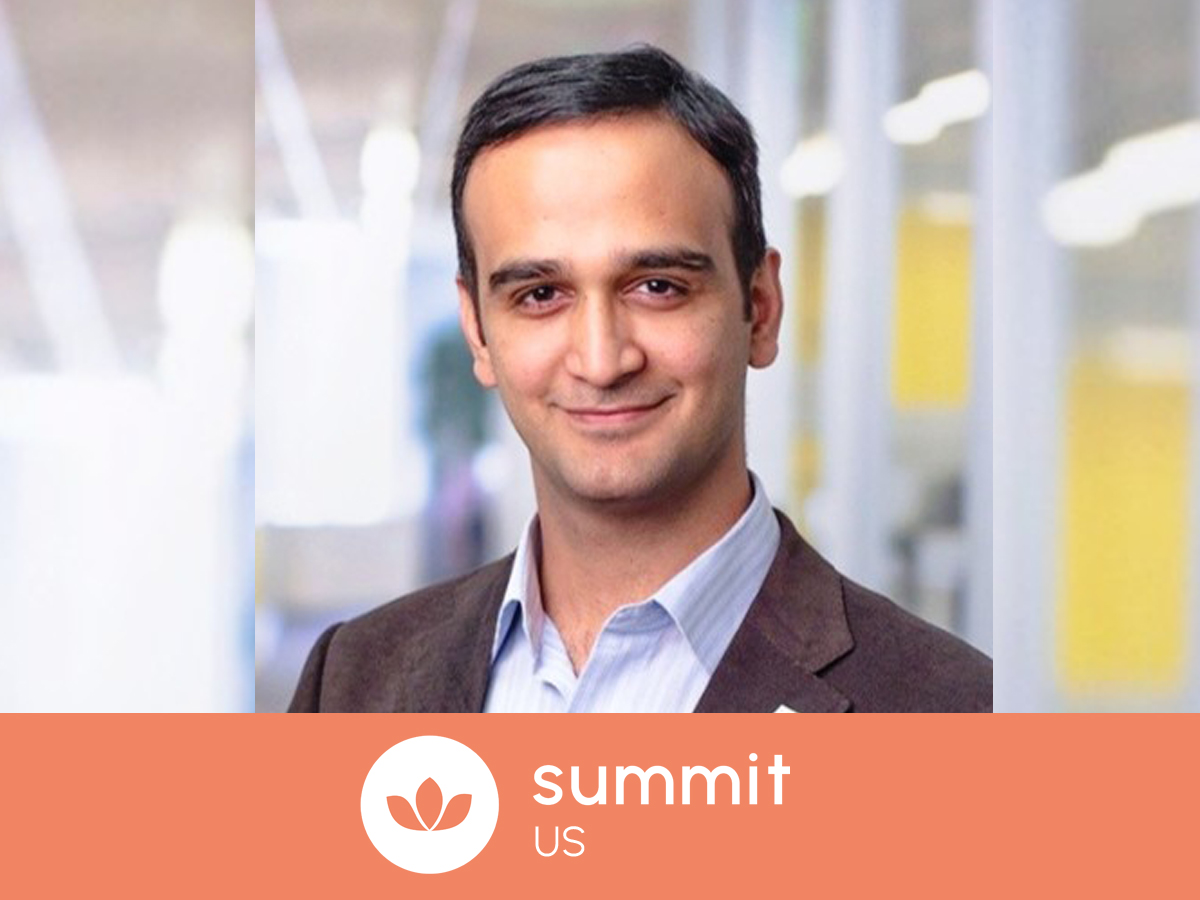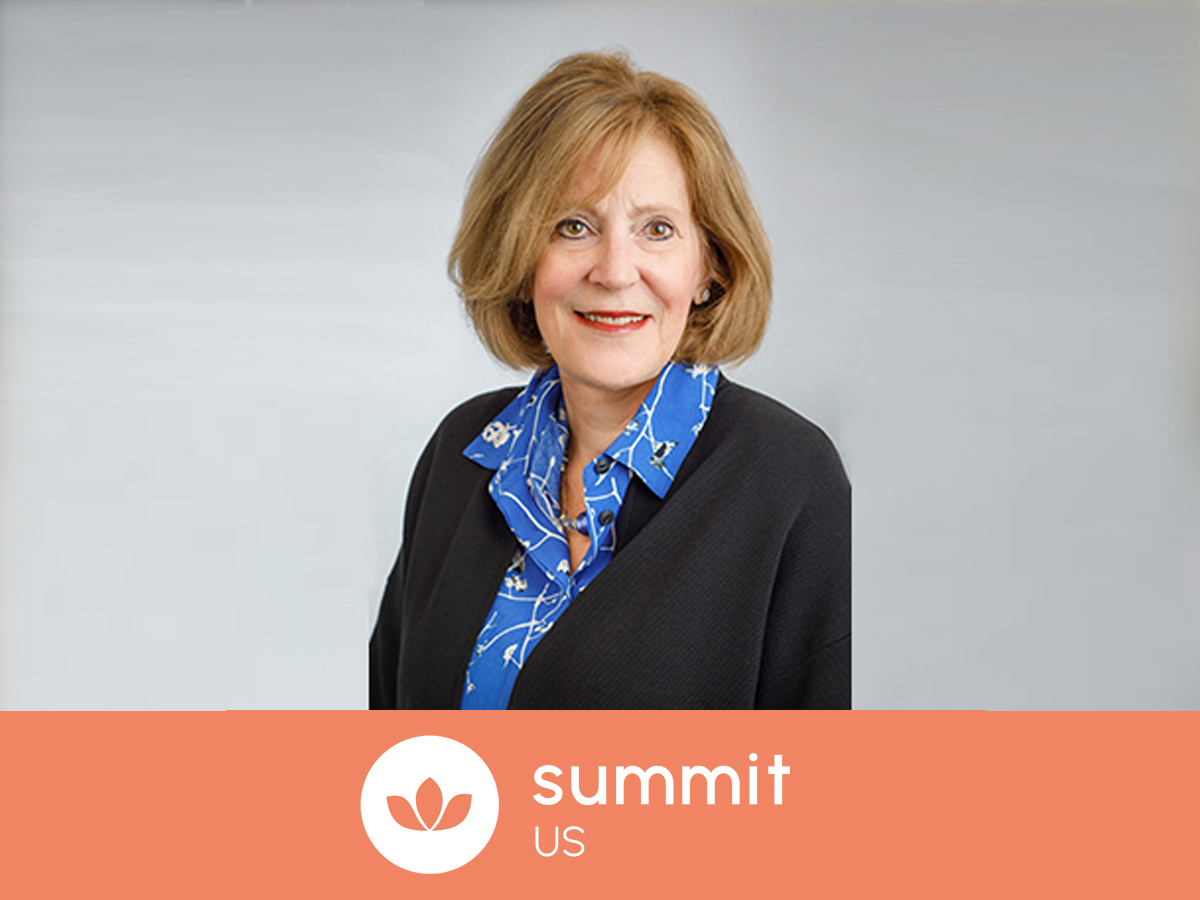
As our Director of Partnerships at Wellbeing At Work, Rebecca connects service providers with forward-thinking organisations to make wellbeing a strategic priority. She also works with leaders and founders to master their inner game, and hosts corporate wellness & team-building events using breathwork and energy practices to boost performance, resilience & connection. Rebecca is passionate about helping people and cultures thrive.
We are delighted that Rebecca will be speaking in Sydney as part of our Australia summit. We caught up with her to see how she’s feeling in the runup to the event.
Hi Rebecca, we are thrilled that you will be speaking at the Wellbeing at Work Australia Summit in November. Our first and most important question is, how are you doing today?
I’m good! As I’m getting older I’ve become very mindful of how I start my day as it often impacts how the day pans out! So I always eat breakfast, aim for movement a few times a week, and when I have time, I’ll sit in silence for as long as I can. I do my breathwork practice at least once a week in the evenings, and that sets me up for an epic sleep!
As a leader based in the region, what are the main challenges you are facing when it comes to employee wellbeing and mental health?
What I see in my clients and in the clients we work with at Wellbeing At Work, is that most leaders are at capacity, meaning their plate is full, they’re stretched with nothing to give. This means they’re living tired and wired with high cortisol, stressed adrenals, and their sympathetic nervous system on high alert. This leads to high stress and anxiety and directly and significantly impacts performance, efficiency, productivity, creativity – and happiness and overall health.
What strategies have you seen developing over the past 6 months, both internally and externally, that are moving the dial on wellbeing in the workplace?
At Wellbeing At Work we have a fully flexible work policy, which helps to maintain connection with our colleagues as we work with a global team. This also means that all employees can work around individual requirements such as health routines, female cycles, and family life so that we work when we’re most productive. We also strongly encourage commitments to our own wellbeing and are supportive of each other, for us, it’s important we’re in integrity with the philosophy we promote (in other words, we walk the talk!).
Why is employee wellbeing so important to you personally?
Over my working career to date (nearly 30 years), I’ve experienced depression, suicidal ideation, miscarriage, pregnancy, new parenthood, divorce, redundancy, business closure, perimenopause… These life situations (which are very common!) clearly impact wellbeing, but are also a temporary set back. In these times you need your employer to support you, not isolate, disregard or diminish you. We are all humans and life affects us all – at some point (even those at the top making or breaking policies). I strongly believe workplaces need to become more human-focused and caring. I’m here to push the dial on this mission as much as possible.
What impact is AI having in your organization and how are you managing that?
We use AI at the moment for administration work such as notetakers to document client and partner calls, and to assist with proposal writing, as this saves a lot of time. Our external social content is created by our team members and this is not AI driven – it’s become very easy to identify AI content which I think negatively impacts your reach. It’s good to ask for help creating the bones of a piece of work, but the finessing is done by us! AI saves time but it does take time to set up your agents properly, otherwise the outputs are not great!
Other than AI, are there any challenges that you are seeing for the first time and how are you addressing them?
We’re seeing a lot of companies take on digital employees so it will be interesting to watch how the workplace and jobs change over the next few years, both in jobs that are redundant and jobs that are newly created.
What areas do you think employers should be focused on over the next 12 months?
Coming from my wellbeing perspective – wellbeing! All of the research and statistics show a clear ROI when you have a healthy workforce. It’s a no-brainer. Within this space I personally believe solutions such as breathwork, energy management and biohacking will become common-place. Integrating practices like breathwork and biohacking into the workplace can offer employees powerful tools to regulate their nervous systems, which enhances their creativity, productivity, and overall efficiency. By making these innovative wellbeing solutions a norm, employers not only foster a more resilient and engaged workforce, but also contribute to a thriving, high-performing culture.
Do you feel that investment in employee wellbeing in the region is increasing or decreasing and is that a direct reflection on HR leaders’ increasing ability to demonstrate effective returns of their strategies to leadership?
It’s definitely a key focus for us to support our clients to demonstrate the business case for wellbeing with clear returns on the investment, it’s a topic in the Summit this year too.
How has your organisation been leading the way?
We’re the longest running company hosting events on wellbeing in the workplace; we’re now in our 11th year globally and 8th year in Australia. We’re not afraid to challenge the status quo on wellbeing topics and like to bring innovative solutions and a range of speakers to the Summit. We’re committed to ensuring organisations make wellbeing a strategic priority – we’ve got a lot of work to do so we’re not going anywhere!
Rebecca will be speaking in Sydney at the Wellbeing at Work Summit Australia.
Further details and tickets for the Sydney Summit can be found here.
Further details and tickets for the Melbourne Summit can be found here.



